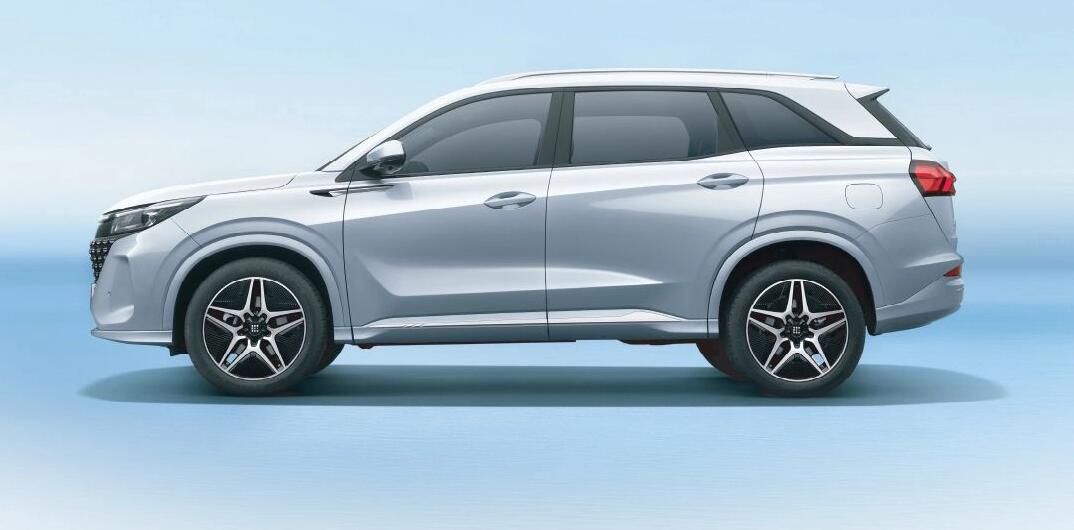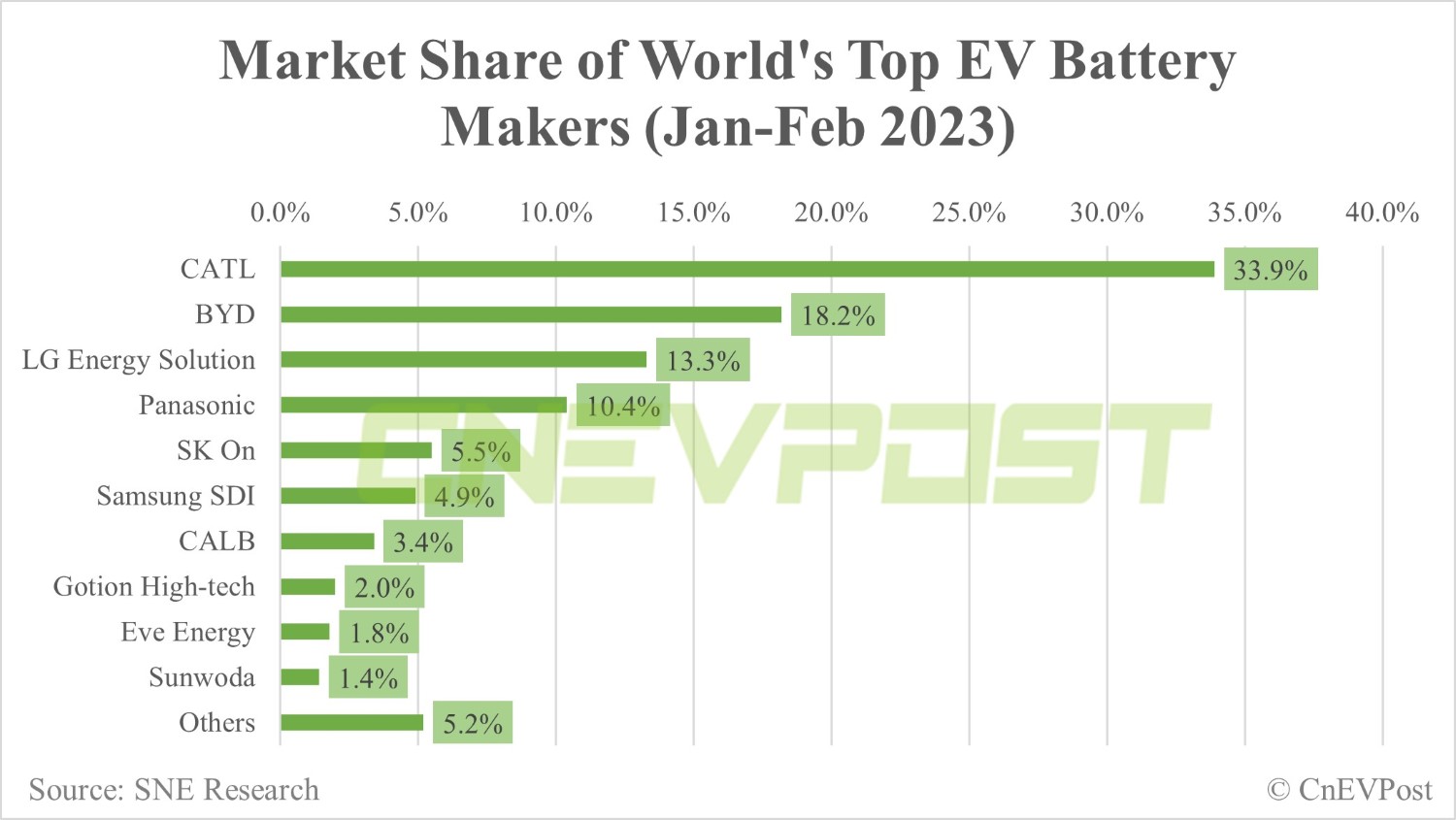For an EV with a 70-kWh pack, the cost of the battery is now RMB 12,300 - RMB 14,500 lower than when lithium carbonate prices were at their previous high, analysts say.

Falling lithium carbonate prices are known to benefit the profitability of electric vehicle (EV) makers. So how will this price change affect the cost of EVs? A new research note provides a good analysis.
An EV powered by a lithium iron phosphate (LFP) battery typically uses 30-40 kilograms of lithium carbonate, while an EV with a ternary lithium battery consumes 50-70 kilograms of the material, said Haitong International Securities analyst Yang Bin's team in a research note today.
When the price of lithium carbonate drops by RMB 100,000 ($14,540) per ton, the cost of ternary lithium batteries and LFP batteries will see marginal decreases of RMB 60 to RMB 70 per kWh, respectively, the team's calculations show.
In this case, the battery cost would be RMB 4,200 to RMB 4,900 lower for an all-electric vehicle with a 70-kWh battery capacity.
This means that the current battery cost of an all-electric vehicle with a 70-kWh battery capacity is already RMB 12,300 - RMB 14,500 lower than when lithium carbonate prices were at their previous high, the team said.
As a backdrop, lithium carbonate prices have never seen a single day of gains in China this year and continue to fall by several thousand RMB today, according to data from Mysteel.
The average price of battery-grade lithium carbonate per ton in China fell by RMB 7,500 to RMB 256,500 today, down about 57 percent from RMB 590,000,000 last November. The average price of industrial grade lithium carbonate per ton also fell by RMB 7,500 to RMB 210,000 today.
Falling battery costs will drive down the overall cost of EVs, which will allow automakers to see their gross margins repair, according to Haitong's research note.
However, the team also noted that in the long run, automakers need to achieve technology upgrades, reduce costs and improve competitiveness in order to capture sufficient market share and profitability, considering EV penetration is already high in China.
With lower lithium carbonate prices, EV makers will have more room for pricing as they gain greater profit margins, the team said, adding that this is expected to allow them to gain greater market share by cutting prices.
Although the price of lithium carbonate has fallen by more than half from its high a few months ago, the team believes there is still room to fall.
In 2022, China's lithium resource supply was 727,000 tons and demand was 796,000 tons, the team said.
In 2023, China's lithium resource supply is expected to reach 1.088 million tons and demand is expected to be 1.034 million tons, according to the team.
With the supply of lithium resources outstripping demand, there is still room for lithium carbonate prices to fall, with the price of battery grade lithium carbonate expected to fall to around RMB 200,000 per ton by the end of 2023, the team said.
($1 = RMB 6.8772)
Panic selling of lithium carbonate just won't stop
The post Analysts explain how falling lithium carbonate prices affect EV costs appeared first on CnEVPost.
For more articles, please visit CnEVPost.
















